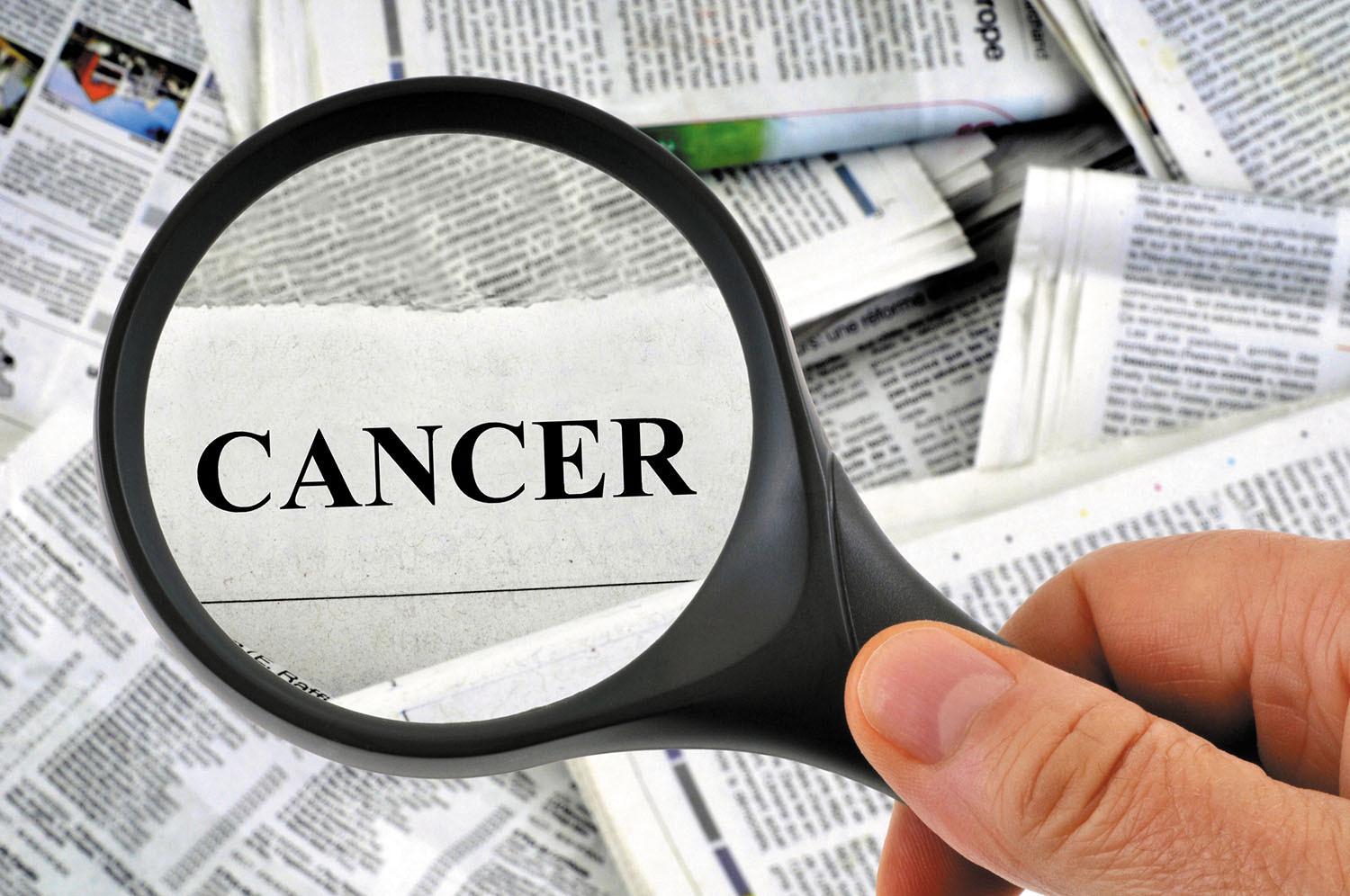
Less butter, more plant oils, longer life?

Healthier planet, healthier people

Counting steps is good — is combining steps and heart rate better?

Appendix pain: Could it be appendicitis?

Can saw palmetto treat an enlarged prostate?

How does Ozempic work? Understanding GLP-1s for diabetes, weight loss, and beyond

Zinc: What it does for the body, and the best food sources

Respiratory health harms often follow flooding: Taking these steps can help

Tips to leverage neuroplasticity to maintain cognitive fitness as you age

Can white noise really help you sleep better?
Cancer Archive
Articles
Late-stage cervical cancer on the rise: What to know
Cervical cancer is curable when caught early through routine screening, so research showing a surprising rise in advanced cancer cases in some groups is worrisome. Two Harvard experts share insights about the research and advice on how people can best protect themselves.
When cancer treatment affects the heart
Side effects from both older and newer cancer therapies can affect the heart and blood vessels, possibly causing serious, sometimes life-threatening complications. People diagnosed with any type of cancer should ask their doctor whether their planned treatment might lead to cardiovascular problems. Those ages 65 and older and anyone with risk factors for heart disease (such as high blood pressure or diabetes) may want to request a referral to a cardio-oncologist. These specialists focus on preventing and managing cardiovascular problems in people who are undergoing (or have completed) treatment for cancer.
A lethal cancer's long reach
While ovarian cancer is not always inherited, family history is the top risk factor for the disease, which is diagnosed in 20,000 American women and kills 13,000 annually. Symptoms, such as bloating, pelvic pain, bowel or bladder habit changes, and unusual vaginal discharge or bleeding, are often vague and subtle until the disease is advanced, making it hard to detect and cure. No standard screening test is available for ovarian cancer. Women with symptoms can ask for a pelvic ultrasound. Women with a family history should seek genetic counseling and testing.
Prolonged stress may increase the risk of death from cancer
People exposed to long-term stress have a higher risk of dying from cancer, according to a 2022 study. The connection may be related to high levels of the stress hormone cortisol.
The latest in cancer treatments
Groundbreaking cancer treatments continuously emerge from labs and research trials. Three Harvard oncologists share what stands out in their respective fields of prostate, lung, and colon cancer, the most common cancers among men. Examples include greater roles for immunotherapy, targeted therapy, and intensive hormonal treatments.
Curbing the nation's deadliest cancer
Lung cancer kills about 130,000 Americans yearly, but only a tiny percentage of people eligible for low-dose CT lung cancer screening receive it. People qualify for lung cancer screening if they are 50 to 80 years old, have a substantial smoking history as measured in lifetime packs smoked, and currently smoke or quit within the past 15 years. Tens of thousands of lives might be saved each year if everyone who qualified underwent lung cancer screening, which can detect tumors when they are still small enough to be cured with surgery or radiation.
When can women with early-stage breast cancer skip radiation after lumpectomy?
Current guidelines for women under 65 with early-stage breast cancer recommend following lumpectomy with radiation therapy, but emerging research could expand the option of skipping radiation to some women as young as 55.
Palliative care frightens some people: Here's how it helps
Palliative care is a medical specialty meant to help people during many different stages of health. Many people who might benefit from palliative care do not receive it; if more people understand it, more people can take advantage of it.
Could eating fish increase your risk of cancer?
A new study found a higher risk of melanoma among people who ate the most fish, but limitations of this research mean it's premature to draw any conclusions about a relationship between eating fish and melanoma risk.
Eating less meat may lower overall cancer risk
A 2022 study suggests that eating meat (including poultry) fewer than five times a week may protect people from cancer. Consuming only fish and no meat or following a vegetarian or vegan diet may offer even greater protection.

Less butter, more plant oils, longer life?

Healthier planet, healthier people

Counting steps is good — is combining steps and heart rate better?

Appendix pain: Could it be appendicitis?

Can saw palmetto treat an enlarged prostate?

How does Ozempic work? Understanding GLP-1s for diabetes, weight loss, and beyond

Zinc: What it does for the body, and the best food sources

Respiratory health harms often follow flooding: Taking these steps can help

Tips to leverage neuroplasticity to maintain cognitive fitness as you age

Can white noise really help you sleep better?
Free Healthbeat Signup
Get the latest in health news delivered to your inbox!
Sign Up











